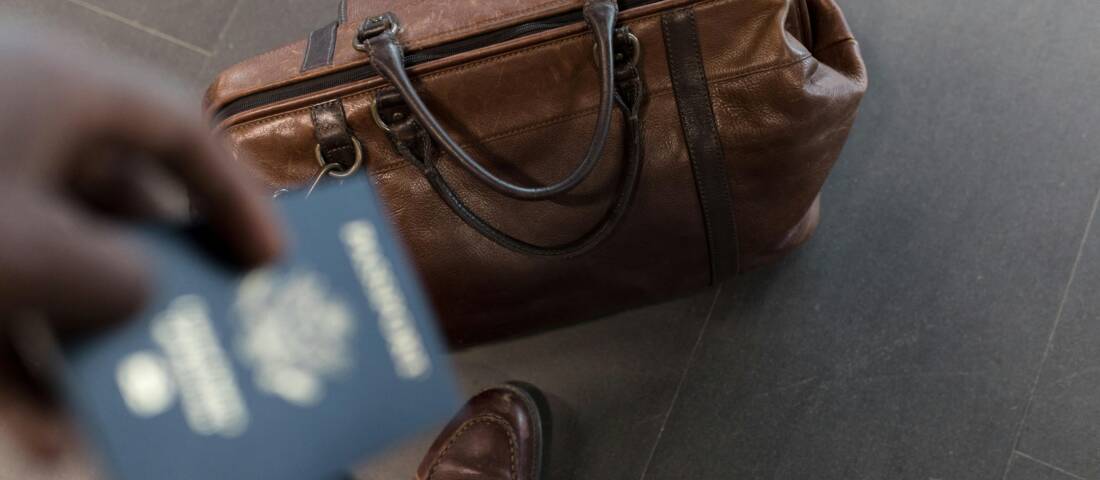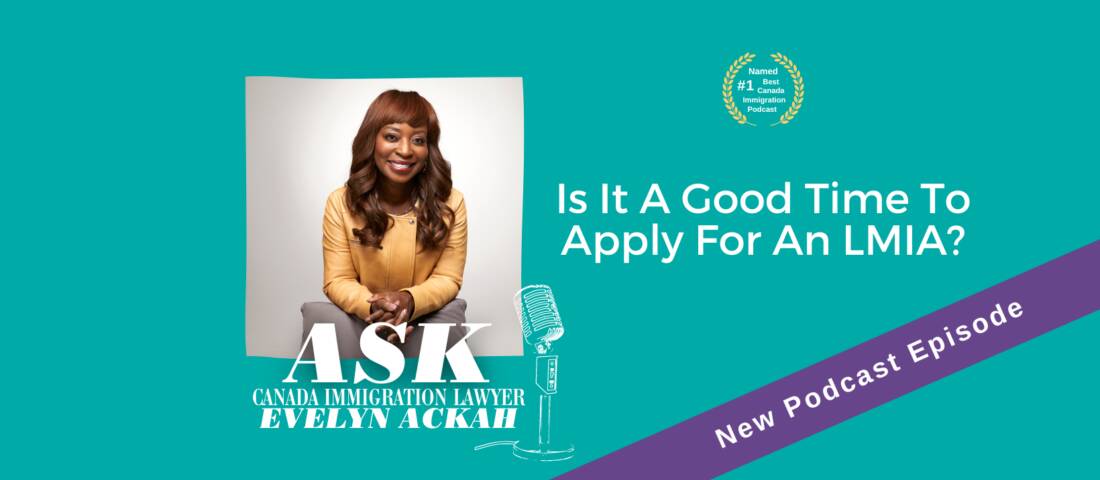Dependent children of Temporary Foreign Workers (TFWs) can obtain work permits under LMIA exemption codes C46 and C48 if they meet specific eligibility criteria including holding valid Temporary Resident Status and meeting age requirements to work. These requirements differ based on whether the TFW parent holds a high-skilled or low-skilled occupation. Canadian Immigration Minister Sean Fraser announced a temporary expansion of work permit eligibility to family members of temporary foreign workers to address labour shortages. This is a temporary measure that extends work permit eligibility to family members of individuals holding positions through the Temporary Foreign Worker Program (TFWP) and International Mobility Program (IMP).
Expanding the availability of work permits for spouses, dependents and common-law partners of Temporary Foreign Workers will improve newcomer integration and strengthen families, and relieve stress by boosting financial stability and allowing families to stay together while contributing to their communities.
BOOK YOUR FREE CASE EVALUATION
TFW’s Dependent Children Are Eligible for Open Work Permits Now
LMIA Exemption Codes C46 and C48
Labour Market Impact Assessment (LMIA) exemption codes under the International Mobility Program allow Immigration, Refugees and Citizenship Canada (IRCC) to issue work permits without the time and paperwork to prove that an employer has tried and failed to find a Canadian citizen or Permanent Resident to fill the position. An open work permit lets foreign workers work in any position, for any employer, anywhere in Canada. LMIA exemption codes C46 and C48 cover:
- C46: Dependent child of a high-skilled worker (TEER 0 to 3)
- C48: Dependent child of a low-skilled worker (TEER 4 or 5)
Work Permit Eligibility For Children of High-Skilled TFWs (TEER 0, 1, 2, or 3)
TEER (Training, Education, Experience and Responsibilities) is Canada's new system of national occupational classification.
- TFW parent:
- Holds a closed and valid work permit or is authorized to work without a permit (excluding study permit holders).
- Authorized to work in Canada for at least six months.
- Employed in a high-skilled occupation (TEER 0, 1, 2, 3) or NOC 0, A, or B (if permit issued before November 16, 2022).
- Physically residing or planning to reside in Canada (CSQ holders and provincial nominees must reside in the nominated province).
- Parent of a dependent child (biological or adopted, under 22, or over 22 and financially dependent due to disability).
- Child:
- Holds valid temporary resident status or is eligible for restoration and work permit application from within Canada (if already in Canada).

Work Permit Eligibility For Children of Low-Skilled TFWs (TEER 4 or 5)
- TFW parent:
- Holds a valid closed work permit or is authorized to work without a permit (excluding study permit holders).
- Authorized to work in Canada for at least six months.
- Employed in a low-skilled occupation (TEER 4 or 5).
- Permit not issued under LMIA for Seasonal Agricultural Worker Program, agricultural stream, or low-wage stream.
- Physically residing or planning to reside in Canada (CSQ holders and provincial nominees must reside in the nominated province).
- Parent of a dependent child (biological or adopted, under 22, or over 22 and financially dependent due to disability).
- Child:
- Same as for high-skilled TFW children.
3 Phase Implementation for Open Work Permits for TFW Dependent Children
The new work permit policy for dependent children of Temporary Foreign Workers rolled out in 3 phases:
- Phase 1: For family members of TFWs coming to Canada through the high-wage stream went into effect January 30, 2023.
- Phase 2: For the family members of TFWs in the low-wage stream has now gone into effect.
- Phase 3: For the family members of agricultural workers has now gone into effect.
BOOK YOUR FREE CASE EVALUATION
Do You Qualify For An Open Work Permit As A Dependent of a TFW?
Canada business immigration lawyer Evelyn Ackah and the team at Ackah Business Immigration Law can turn your Canadian business goals into reality with a personalized immigration plan. Our immigration lawyers at Ackah Law, conveniently located in Toronto, Vancouver and Calgary, will guide you through every step of the journey.
Contact Ackah Law today at (403) 452‑9515 or email us directly at contact@ackahlaw.com.








